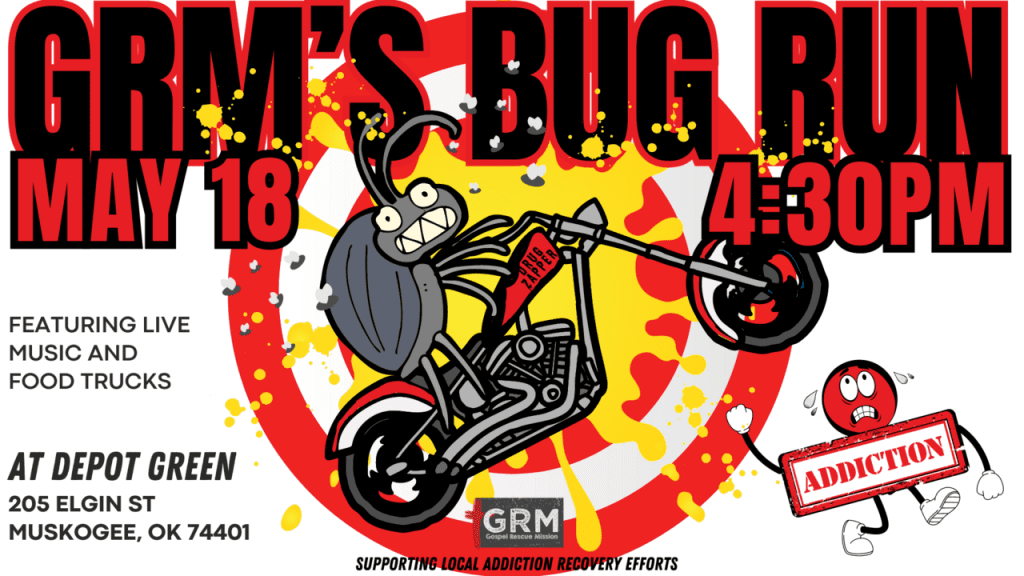
Episode 6
Blessed are the merciful, for they will be shown mercy.
Matthew 5:7
When I mess up, I desire and typically expect to receive mercy. I am mostly good I tell myself. I don’t think I am alone here. Most people think that they are good enough or at least better than most. Somehow we feel as though we have earned a bit of slack.
While I don’t like to brag I do believe that I am among the best at making excuses to why it is ok for me to be rude or to be complacent or simply do wrong. Justification is already on my mind every time that I run into a sticky situation.
Jesus does not give us that kind of leeway if we want to be like him. We can talk about that another time though.
Today we are considering being merciful. Oh! Oh!
While I want mercy, I have very little tolerance for excuses. I tend to judge people by what I see happening and judge myself by what I am intending.
Let me clarify, mercy does not mean that I tolerate bad behavior. What mercy means is that that I first take time to listen to the intent. When I do this more often than not; I learn that they (the offender) had a good reason in their own head for why they were misbehaving.
Romans 7:15-17 Living Bible (TLB)
I don’t understand myself at all, for I really want to do what is right, but I can’t. I do what I don’t want to—what I hate. I know perfectly well that what I am doing is wrong, and my bad conscience proves that I agree with these laws I am breaking. But I can’t help myself because I’m no longer doing it. It is sin inside me that is stronger than I am that makes me do these evil things.
Like me, it is possible and even likely that this person really wanted to do the right thing. There are very few really evil people in the world. Unless their conscious is seared they likely feel guilt. Showing mercy means we confront the behavior and offer them a way to learn and grow. This should be the desire of the merciful. For those that want to use mercy as an excuse to ignore bad behavior you are not loving nor really merciful.
Look for teaching opportunities. Share the possible consequences and if they learn, hold back the justice.
Think of this scenario. A child steals a piece of gum. You could ignore it and even giggle at how cute this kid is for being sneaky. You could call that mercy. But real mercy would be talking to the child. Explain how and why it is wrong to steal. Then take them back and have them tell the store manager what they did and have them pay back the price of the gum. It must be their money but if need be you can pay the cash and have them work it off.
This mercy may very well prevent the gum thief from becoming the bank robber. This sort of mercy might keep the person that tells ethnic jokes from becoming someone that kills people of color. Capture the little foxes is true mercy.
When we do that, we will have mercy shown to us as needed. We will also have to do it less as more people mature and grow.



